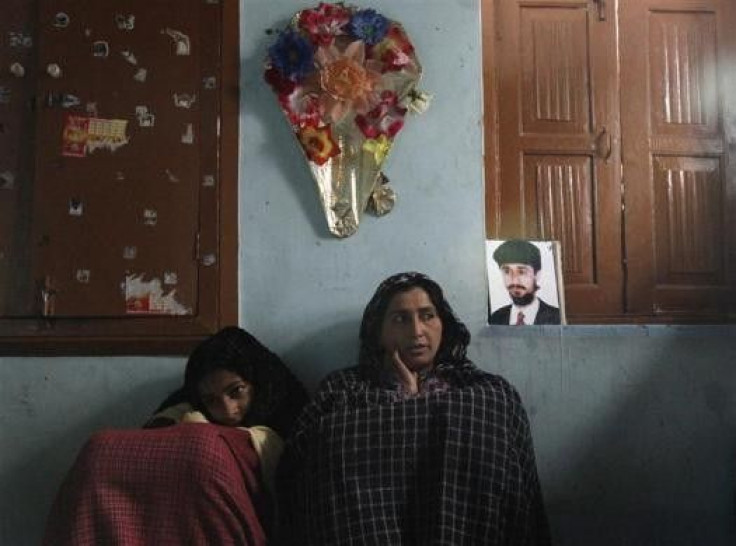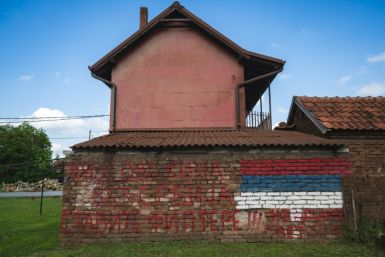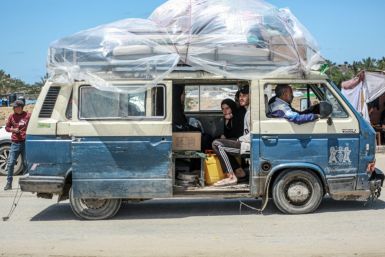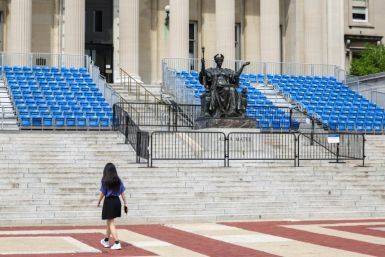Childhood Sex Abuse May Be Associated with the Risk of Heart Disease in Women: Study Reveals

An interesting study reveals that middle-aged women who got sexually abused during their childhood may show premature symptoms of heart ailment.
"Early life adversities may have implications for the development of risk factors for heart disease during midlife," said lead researcher Rebecca Thurston, director of the Women's Biobehavioral Health Laboratory at the University of Pittsburgh.
The work was pubished online on July 17 in the journal Stroke.
A collective data of 1,400 white, black, Hispanic and Chinese women who were aged between 42 and 52 was analysed to come to that conclusion.
It was observed that women who were sexually abused during childhood represented signs of hardening of the arteries in their neck, a marker that signals onset of heart disease. It was absent in women who weren't sexually abused.
This report specified that the study doesn't prove that child sexual abuse directly causes heart disease but there is an association between the two aspects.
"To prove cause-and-effect, you would have to have a randomized trial assigning some girls to abuse and others not, which obviously one would not do. "All research around child abuse and health outcomes are purely associational," Thurston explained.
To date, it remains unclear what factors are responsible for the association, there may be changes in the nervous system or an excess of stress hormones. Also some of these women may indulge in riskier health behaviours.
"It's a question of safeness a woman feels with her doctors. This is a very sensitive area, and there has to be trust when a woman discusses these issues with her doctor. But if she has that kind of trust, it would be worth mentioning," she suggested.
Every doctor should know the importance of psychosocial risk factors while understanding the risk of heart disease in women.
Experts feel, it is not surprising for the woman who experienced something as traumatic as sexual abuse during childhood to suffer from increased cardiovascular risk as the trauma did leave them with a life time damage.
In the study, the participants were asked if they had suffered any physical or sexual abuse. They were tested annually for a number of risk factors for heart disease.
“About 16 percent of all the women said they had been sexually abused. Among black women, up to 20 percent reported being sexually abused,” the researchers said.






